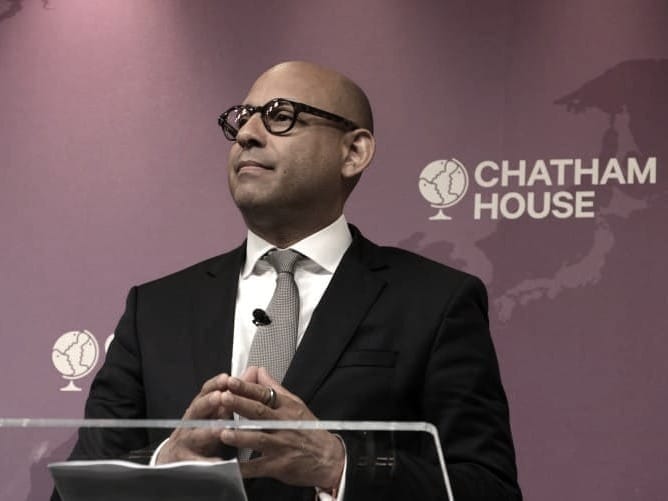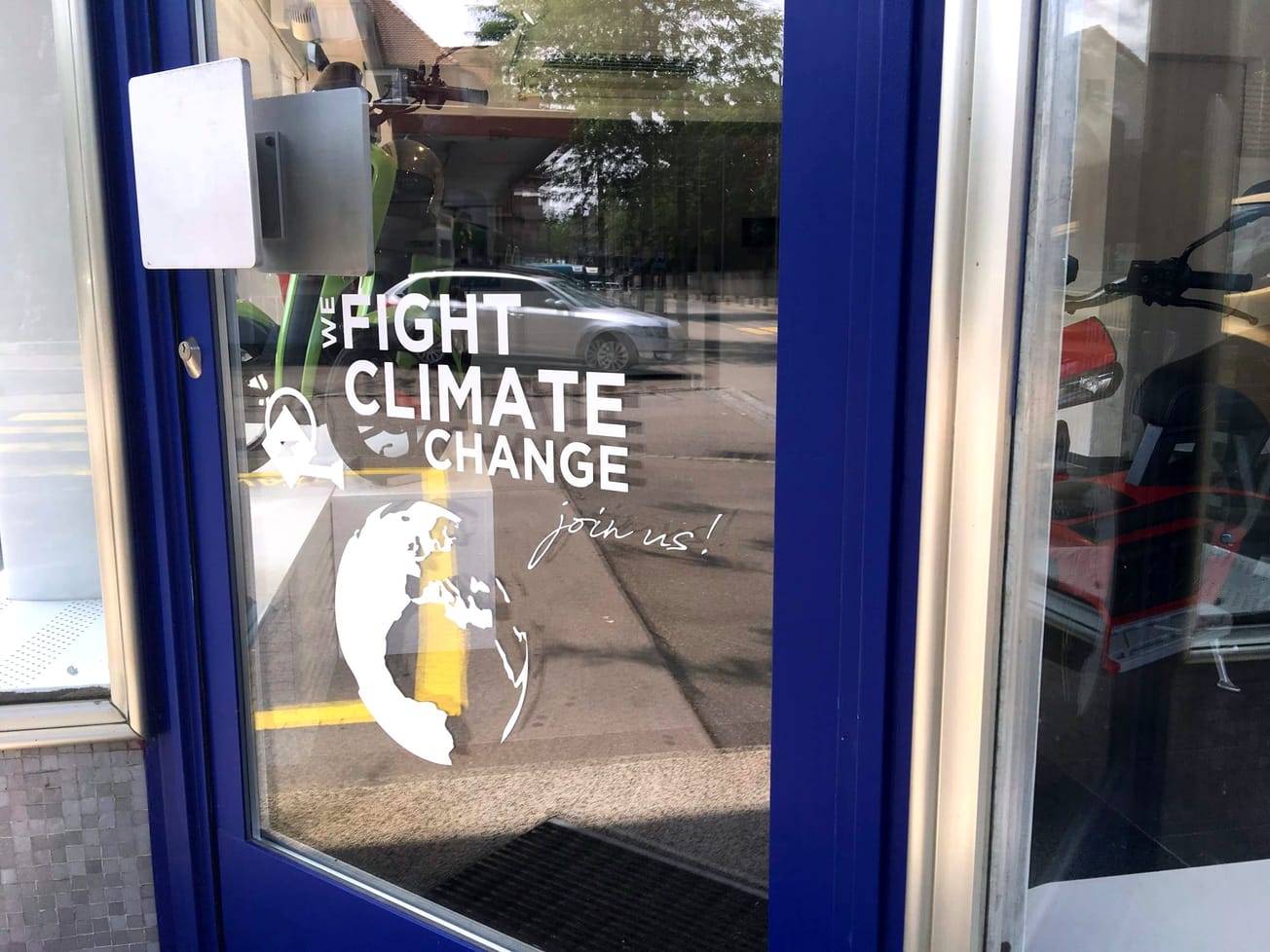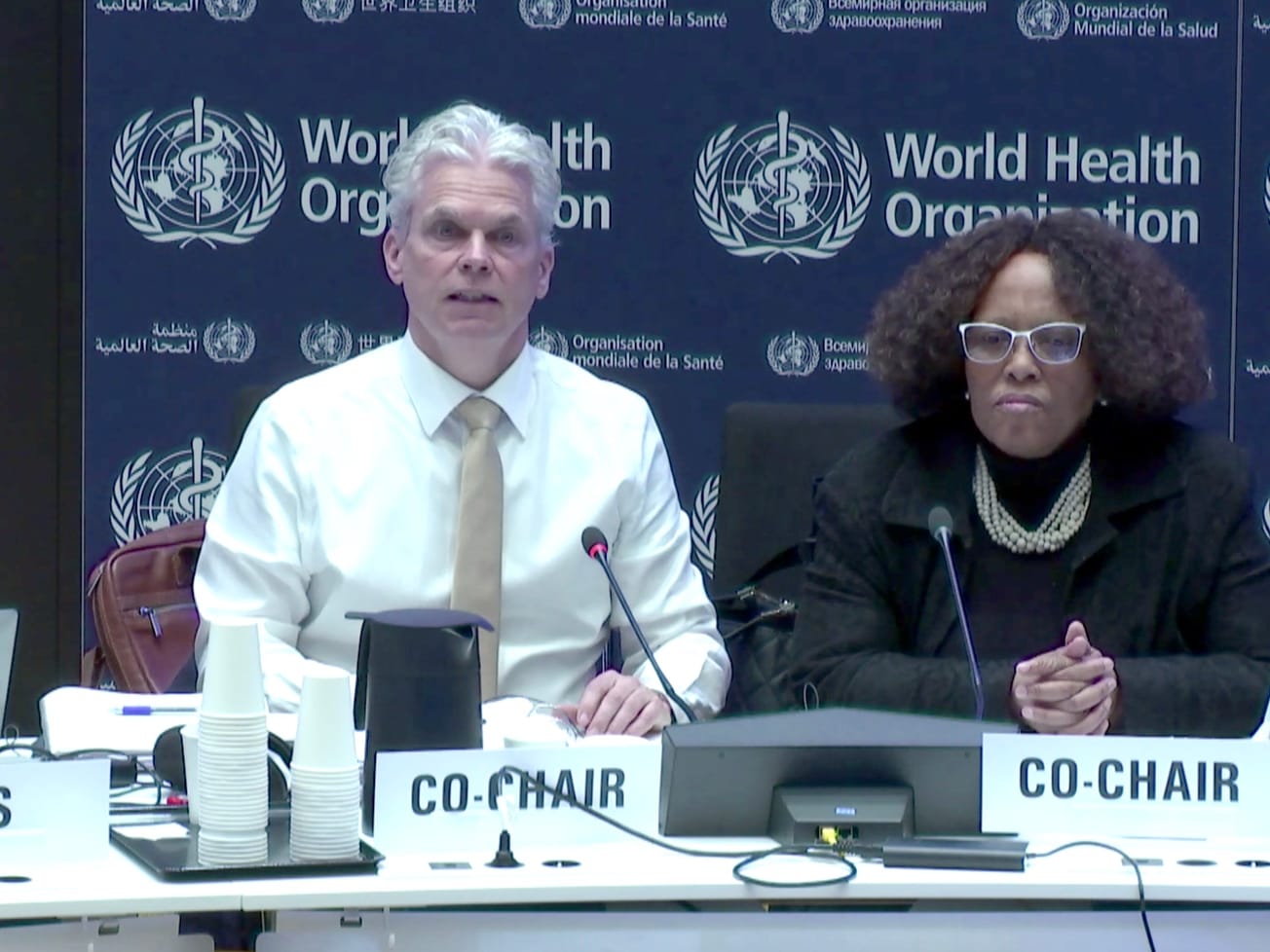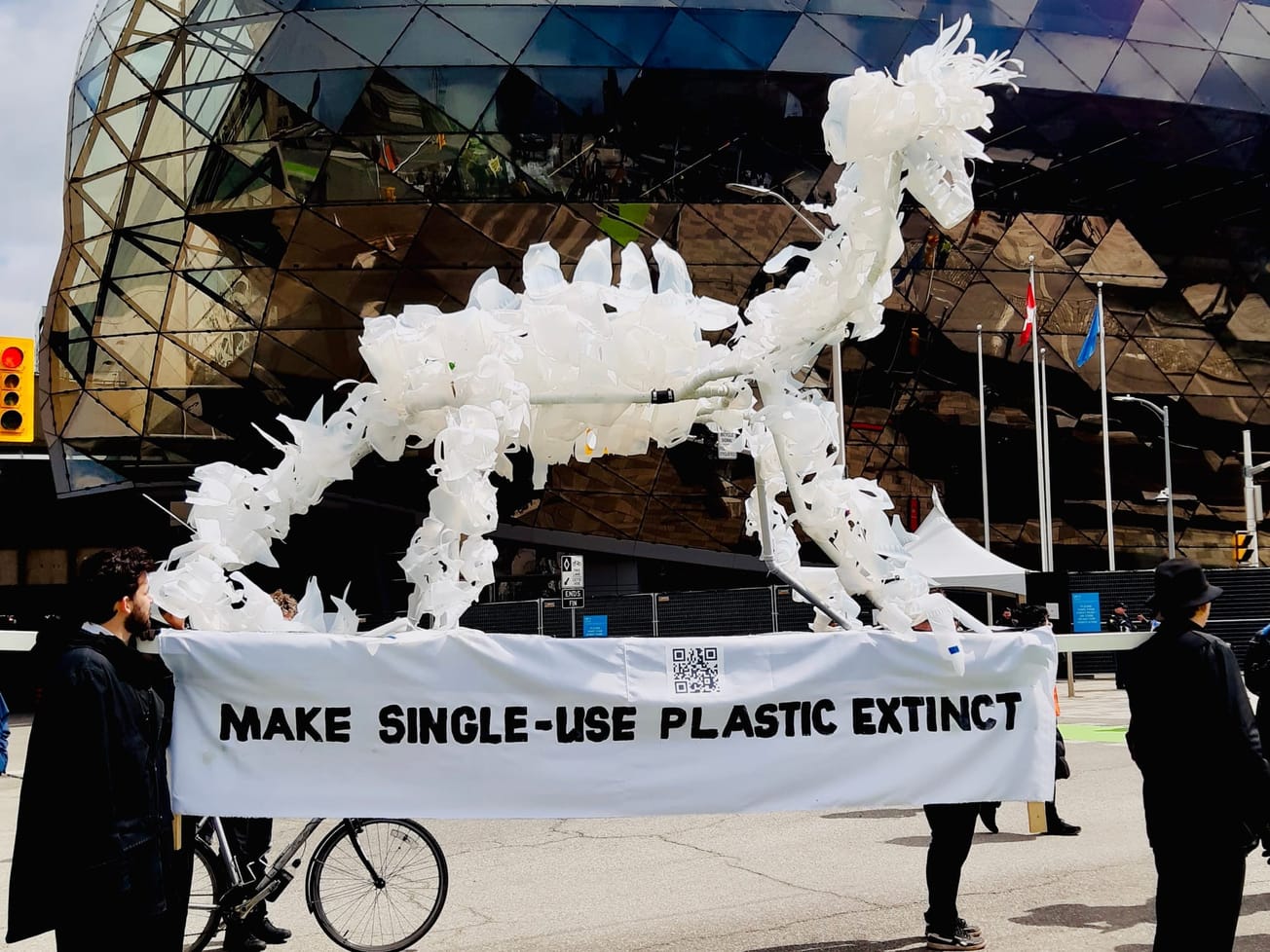Just two years remain before humanity finds out if Earth will be spared from the worst effects of warming, the U.N.'s top climate official says.
This year and next mark the countdown to a 2025 deadline for governments to strengthen their carbon-cutting plans, making the next two years "essential in saving our planet," U.N. Climate Change Executive Secretary Simon Stiell told Chatham House in London on Wednesday.
Stiell likened the deadline to the start of a race among contestants in a new clean energy economy. "With the global index of living standards in constant flux, each country’s climate responses will be key to whether they rise up the ladder or fall, whether they thrive, or barely survive," he said.
The strength of nations' climate plans depend on every person on the planet, said Steill, as a growing number of people feel the impacts of the climate crisis.
"And while every country must submit a new plan, the reality is G-20 emissions are around 80% of global emissions," he said, referring to the Group of 20 major economies that also represent around 85% of the world's GDP. "G-20 leadership must be at the core of the solution, as it was during the great financial crisis."
It includes 19 countries – Argentina, Australia, Brazil, Canada, China, France, Germany, India, Indonesia, Italy, Japan, South Korea, Mexico, Saudi Arabia, South Africa, Russia, Turkey, the United Kingdom and the United States – plus the African Union and European Union.
The U.N.'s top scientific panel on climate change said in 2022 that warming must be limited to 1.5° Celsius above pre-industrial levels to avoid the worst climate impacts, and to accomplish that global greenhouse gases must reach a peak by 2025 then start falling until they are reduced by at least 43% by 2030.
"Even if we do this, it is almost inevitable that we will temporarily exceed this temperature threshold but could return to below it by the end of the century," said the Intergovernmental Panel on Climate Change.
The IPCC's host agency, the Geneva-based World Meteorological Organization, reported last month that the world experienced unprecedented ocean warmth, glacier retreat and Antarctic sea ice loss in 2023.
While it may be temporary, the Earth has never before teetered so close to the edge of the 1.5° lower limit of the legally binding Paris Agreement on climate change signed by nearly 200 countries in 2015. The treaty’s primary goal is to limit global warming to well below 2° above pre-industrial levels.
Stiell spoke ahead of the spring meetings of the World Bank and International Monetary Fund in Washington, where developing nations are pushing for climate financing and debt relief so they can prepare better for rising temperatures.
The meetings hold "exceptional significance" since they coincide with the 80th anniversary of the creation of the so-called "Bretton Woods" institutions, said the E3G climate change think tank.
The World Bank and IMF were set up to rebuild postwar Europe and promote international cooperation at a U.S.-led meeting of 43 nations at Bretton Woods, New Hampshire in July 1944.
Since that time, and especially in the 21st century, their missions have shifted to focus more on development and poverty. American and European leadership also has grated on non-Western nations, particularly China and other Asian leaders.
This year's meetings mark a pivotal moment to drive momentum around how the global financial system evolves to tackle the development and climate crisis, according to E3G.
"Now comes the hard part – making all these technical adjustments add up to transformational change on climate, poverty, and inequality, said Danny Scull, a senior policy adviser for the think tank. It can be done," he said, "if donor governments get serious about their commitments.”








